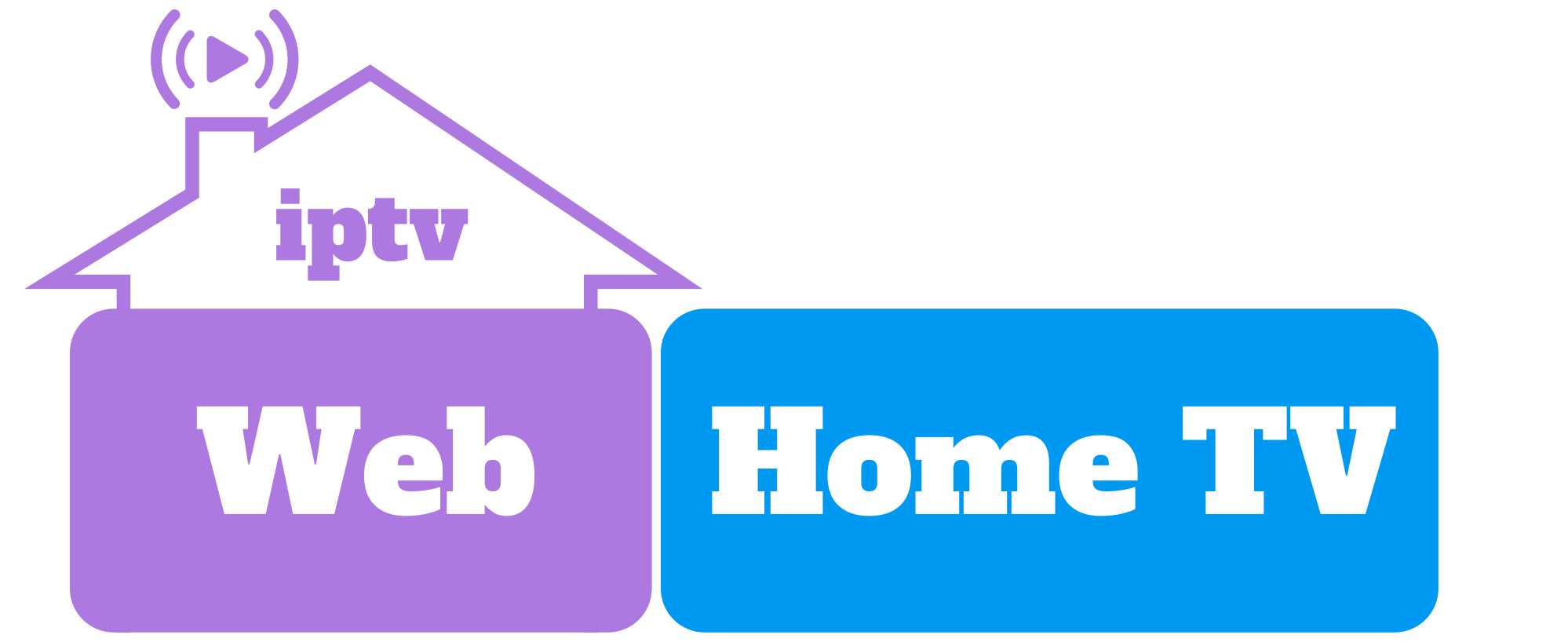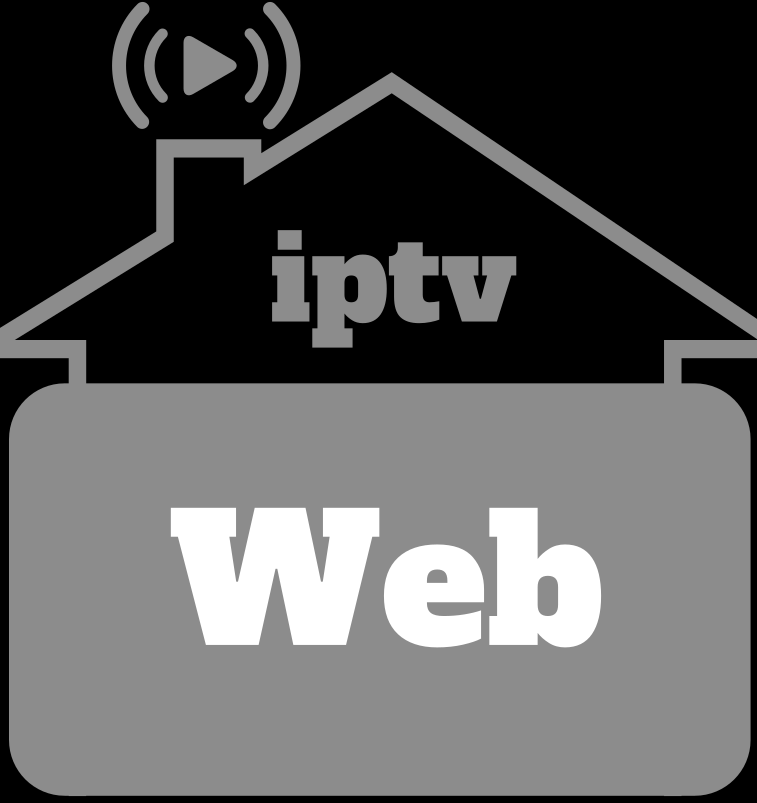The Role of IPTV in the Future of Entertainment
In the ever-evolving world of entertainment, technology plays a pivotal role in shaping how we consume media. Among the most transformative advancements in recent years is Internet Protocol Television (IPTV), which is redefining the way people access TV shows, movies, and other multimedia content. As traditional cable and satellite services face competition from streaming platforms, IPTV is emerging as a powerful player with the potential to revolutionize the entertainment landscape. But what exactly is IPTV, and what does it mean for the future of entertainment?
What is IPTV?
IPTV is a method of delivering television content over the internet rather than through traditional terrestrial, satellite, or cable formats. In this system, television signals are transmitted in the form of data packets via a broadband internet connection. Users access content through a set-top box, smart TV, or mobile device, all of which are capable of decoding the signal. IPTV services are often provided by telecom operators or internet service providers (ISPs) and can offer both live TV programming and on-demand content.
The Advantages of IPTV
- Personalized Viewing Experience: One of the standout features of IPTV is its ability to offer customized viewing options. Unlike traditional TV, which relies on scheduled programming, IPTV services typically offer Video on Demand (VoD) and Time-Shifted TV, giving viewers the flexibility to watch content at their convenience. This shift from linear programming to on-demand access aligns with the growing desire for personalized entertainment.
- Diverse Content Selection: IPTV offers access to an extensive range of content, including live television channels, movies, series, sports events, and even niche programming that may not be available through traditional methods. Furthermore, IPTV can provide access to international channels, making it an appealing option for those seeking global content.
- Integration with Smart Devices: As the world becomes increasingly interconnected through smart technology, IPTV offers seamless integration with a wide variety of devices. From smart TVs and streaming boxes to smartphones and tablets, IPTV services allow users to watch content from virtually anywhere, at any time.
- Cost Efficiency: For consumers, IPTV services are often more affordable compared to traditional cable or satellite subscriptions. With IPTV, users can pick and choose packages that suit their viewing preferences, avoiding the need to pay for bundled content they don’t watch.
- High-Quality Viewing: IPTV can support high-definition (HD) and 4K resolution content, providing a superior viewing experience compared to many traditional broadcast methods. The internet infrastructure is increasingly capable of delivering high-quality video streams, enhancing the overall entertainment experience.
IPTV and the Future of Entertainment
As the demand for more flexible, diverse, and high-quality entertainment options continues to grow, IPTV is poised to play a significant role in shaping the future of media consumption. Here are some of the key ways in which IPTV will influence the entertainment industry:
- Rise of Interactive Content: IPTV is already enabling a shift towards more interactive and immersive content. By combining IPTV with virtual reality (VR), augmented reality (AR), and interactive applications, content creators can develop new ways for audiences to engage with their favorite shows, movies, and sports events. The integration of interactive features, such as audience-driven storylines or real-time data overlays during live events, will redefine how viewers interact with entertainment.
- Integration with Streaming Services: With the explosion of popular streaming platforms like Netflix, Hulu, and Disney+, IPTV is uniquely positioned to bring these services together under one umbrella. Many IPTV providers are already incorporating streaming services into their offerings, allowing users to access both live TV and on-demand content in one place. This integration could lead to a more unified and seamless user experience, blending the best of both worlds.
- Smarter Content Delivery: IPTV’s future is closely tied to the growing capabilities of artificial intelligence (AI) and machine learning (ML). These technologies can be used to enhance content recommendations, predict viewer preferences, and even optimize bandwidth usage to reduce buffering. As AI becomes more advanced, IPTV services will become increasingly intuitive, ensuring that users are served the best content based on their viewing history and preferences.
- Expansion of Local and Niche Programming: One of the advantages of IPTV is that it can offer hyper-local content and cater to niche markets. For example, users can access regional news, community events, or specialized content that is not typically available on traditional channels. This will continue to fuel the growth of niche programming, attracting viewers who want content tailored specifically to their interests.
- 5G and the Growth of IPTV: The rollout of 5G technology is expected to accelerate the adoption of IPTV by improving internet speeds, reducing latency, and enabling seamless content streaming on mobile devices. As more consumers rely on mobile devices for entertainment, 5G networks will ensure that IPTV services are delivered efficiently and without interruption.
Challenges for IPTV
Despite its many advantages, IPTV does face some challenges. The reliance on a stable and fast internet connection means that users in areas with poor connectivity may experience buffering or lower-quality streams. Additionally, as the number of IPTV providers increases, competition will drive the need for differentiation, with providers needing to offer unique features or exclusive content to stand out.
There are also concerns about data privacy and security, as IPTV involves the transmission of personal data and user behavior. Ensuring robust encryption and security measures will be critical in maintaining consumer trust.
Conclusion
IPTV is undeniably playing a crucial role in the evolution of entertainment. It offers viewers greater control over their viewing habits, provides access to a wider range of content, and is compatible with the latest technology trends. As IPTV continues to grow and evolve, it will likely become an integral part of the entertainment ecosystem, offering new ways for people to consume media and engage with content. The future of entertainment is undoubtedly digital, and IPTV is at the forefront of this transformation, poised to redefine how we watch television and experience media.




